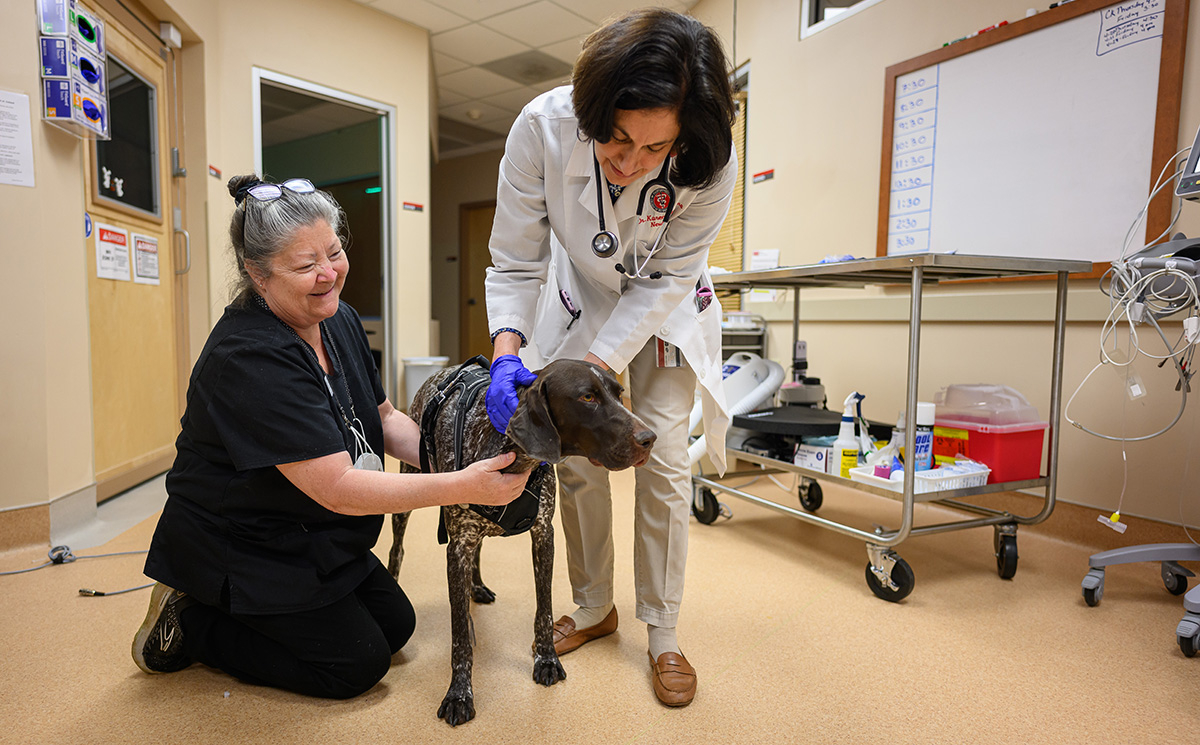As interest in personalized medicine increases, physicians and researchers require even more data about their patients to recommend the best treatment options. However, most clinical trials – studies that determine the efficacy and safety of new treatments and are key to getting these treatments to patients – are not currently designed with personalized medicine in mind. A $10.4 million grant from the National Cancer Institute will help researchers from NC State, UNC-Chapel Hill and Duke University develop new statistical methods that can be used to both design clinical trials for cancer treatments and analyze the resulting data. These new trials, designed to incorporate a large variety of factors, will help physicians ensure the best outcomes for patients based on their individual characteristics.
The new funding represents a five-year extension of the original $12.5 million grant, which was awarded in 2010.
“Currently, most clinical trials offer a randomized snapshot of one moment in time,” says Marie Davidian, William Neal Reynolds Professor of Statistics at NC State and a principal investigator on the project. “These trials can tell you whether treatment A or B is more effective, on average.
“But effective treatment of individual patients, especially for a progressive and recurring disease like cancer, requires a physician to make a series of decisions over time while taking the patient’s information into account. And as we get access to more patient data, like genetics, medical history, and characteristics called biomarkers that might be associated with their response to a particular drug, it only makes sense to try and design clinical trials that can take those factors into account as well.”
To address the problem, Davidian and her colleagues are designing clinical trials that not only take all of these different factors into account but that also can take place at each decision point in a course of treatment. The end goal? To create methods and software that physicians and medical researchers can use to help them run these types of clinical trials, analyze the data and determine the best way to treat individual patients.
Davidian hopes that the group will be able to eventually use this methodology to design trials for diseases other than cancer. “We are in a unique position, three research universities with leading clinical and statistical experts and complimentary skillsets, to make this happen,” she says.
Michael R. Kosorok, Ph.D., W.R. Kenan Jr. Distinguished Professor and chair of biostatistics at UNC’s Gillings School of Global Public Health, and Kouros Owzar, Ph.D., professor of biostatistics and bioinformatics at Duke, are also principal investigators on the project. The National Cancer Institute is part of the National Institutes of Health.



